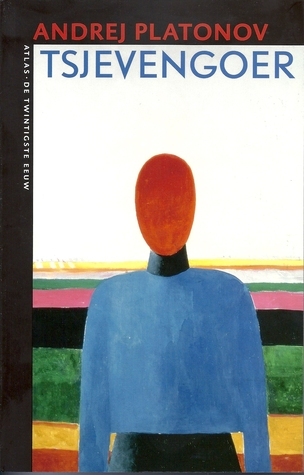What do you think?
Rate this book


411 pages, Paperback
First published January 1, 1928
There are fringes of decay around old provincial towns. People come here to live straight out of nature. One such man appeared, his piercing face exhausted to the point of melancholy. He was able to fix or equip any manner of thing, but himself lived life unequipped. Nothing, from frying pan to alarm clock, had failed in its time to pass through the hands of this man. Nor had he ever refused to resole shoes, cast wolf shot, or stamp out phony medals to sell at old-fashioned country bazaars.
Then his hands fell back of their own accord, no longer requiring friendship. The Chekist understood and choked up. When a bourgeois has a bullet inside him, he needs friendship and comradeship just like a proletarian, although when he has no bullet inside, then he loves only property.